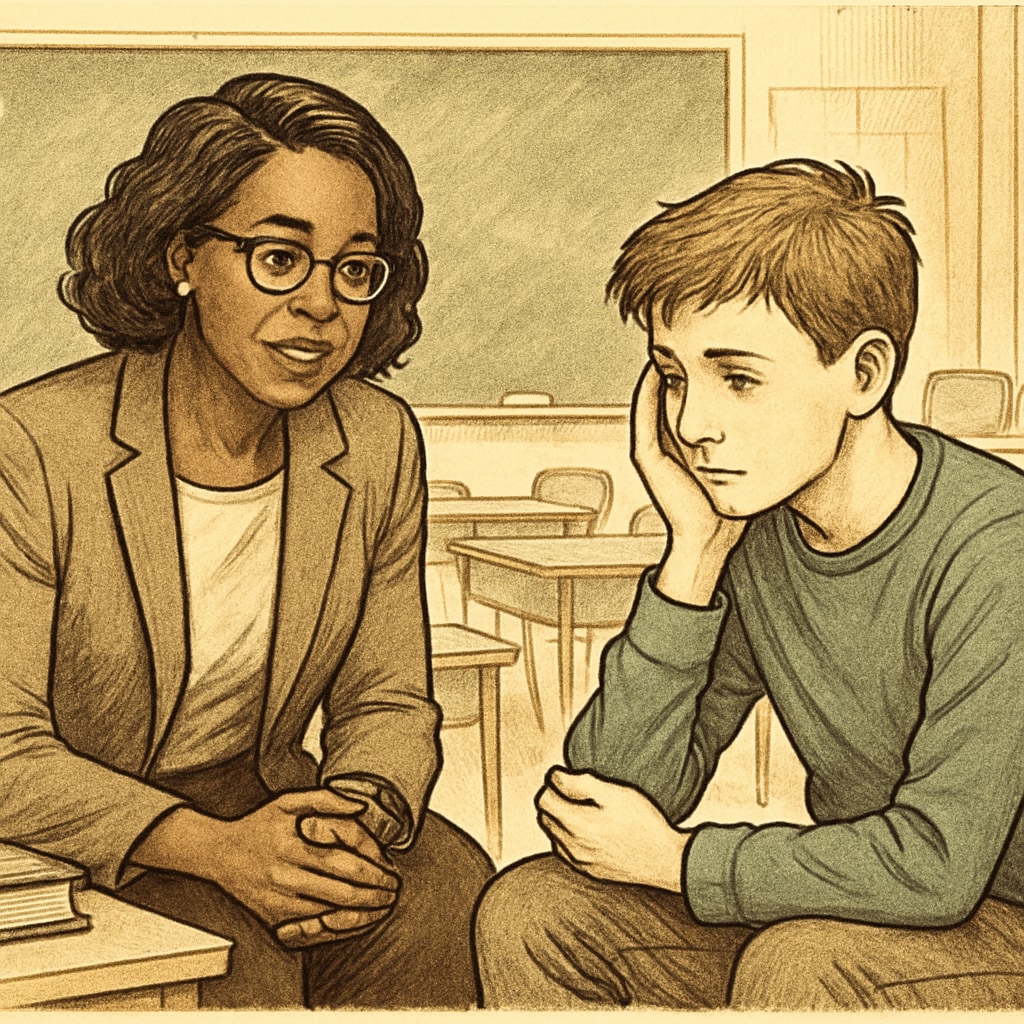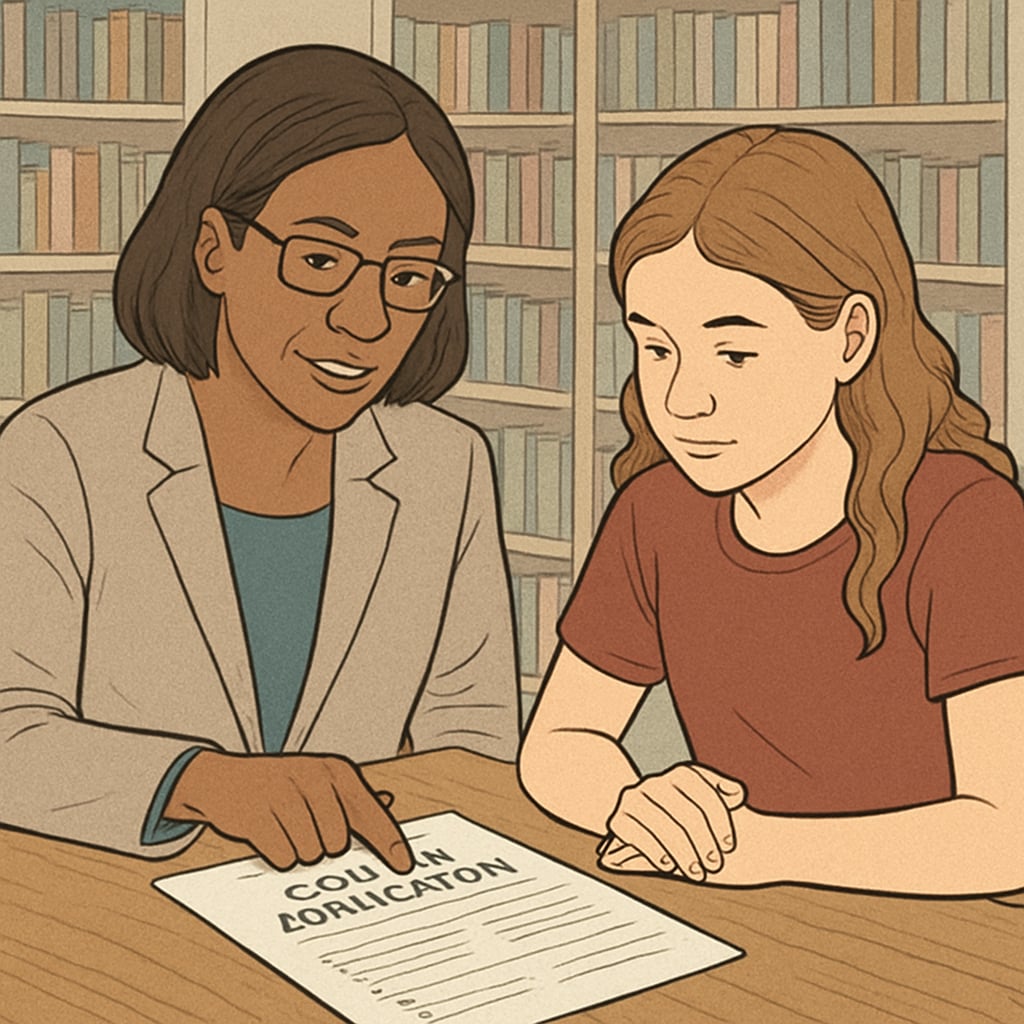School counselors are indispensable figures in the K-12 education system, serving as vital connectors between students’ mental health and academic success. For research or academic purposes, such as conducting a graduate-level assignment, interviewing school counselors provides invaluable insights into their practices and the challenges they face. This article explores the multifaceted role of school counselors, highlighting their responsibilities in middle and high schools, and shedding light on their impact on student development while offering guidance for researchers and educators.
The Evolving Role of School Counselors in K-12 Education
The role of school counselors has evolved significantly over the years. Traditionally viewed as academic advisors, they now address a wide range of student needs, including emotional well-being, career planning, and social development. In addition, they are critical in fostering a supportive environment where students feel heard and understood.
For instance, middle school counselors often focus on helping students navigate the challenging transition from childhood to adolescence. This involves managing emotions, building self-esteem, and developing study habits. In contrast, high school counselors shift their attention toward college readiness, career exploration, and coping with the pressures of impending adulthood.

Key Differences: Middle School vs. High School Counselors
While both middle and high school counselors share a commitment to supporting students, their roles differ in scope and focus. Understanding these differences is essential for anyone conducting interviews with counselors for academic research or professional development. Below are some of the key distinctions:
- Middle school counselors: Prioritize social-emotional learning (SEL), help students develop interpersonal skills, and address early academic challenges.
- High school counselors: Focus on college and career readiness, assist with course selection, and help students navigate scholarships, internships, and application processes.
Despite these differences, both groups address critical mental health concerns, such as anxiety, depression, and bullying, ensuring that students are holistically supported.

How to Conduct Effective Interviews with School Counselors
For graduate students or researchers planning to interview school counselors, preparation is key. Here are some tips to make the most of your academic assignment:
- Understand their roles: Familiarize yourself with the distinct responsibilities of middle and high school counselors before the interview.
- Prepare open-ended questions: Questions like “What strategies do you use to address student stress?” encourage detailed responses.
- Be respectful of their time: Counselors often have demanding schedules, so ensure your interview is concise and focused.
- Seek permission for follow-ups: Complex topics may require additional clarification or insights.
By approaching interviews thoughtfully, researchers can gain a deeper understanding of the essential work counselors perform, offering a richer perspective for their studies.
The Impact of School Counselors on K-12 Education
School counselors are essential in shaping a student’s journey through K-12 education. Their efforts contribute to creating a safer, more inclusive learning environment where students can thrive academically, socially, and emotionally. Furthermore, their work supports teachers and parents, creating a collaborative approach to address student needs.
For researchers, exploring these dynamics through interviews can provide invaluable insights into the intersection of education and mental health. As a result, this knowledge can inform better policies, practices, and training programs for future counselors and educators.
In conclusion, school counselors are the unsung heroes of the K-12 education system. Whether you’re a graduate student conducting interviews for an assignment or an educator seeking to understand their role better, delving into their work offers a wealth of knowledge. Their contributions remind us of the importance of holistic education, which nurtures both the mind and the heart.
For further reading on this topic, visit School Counselors on Wikipedia or explore the guidance counseling entry on Britannica.
Readability guidance: The article uses short paragraphs, lists to summarize key points, and avoids lengthy sentences. Transition words such as “in addition,” “however,” and “for example” are used to maintain a smooth flow. The focus is on clarity and accessibility for a broad audience.


